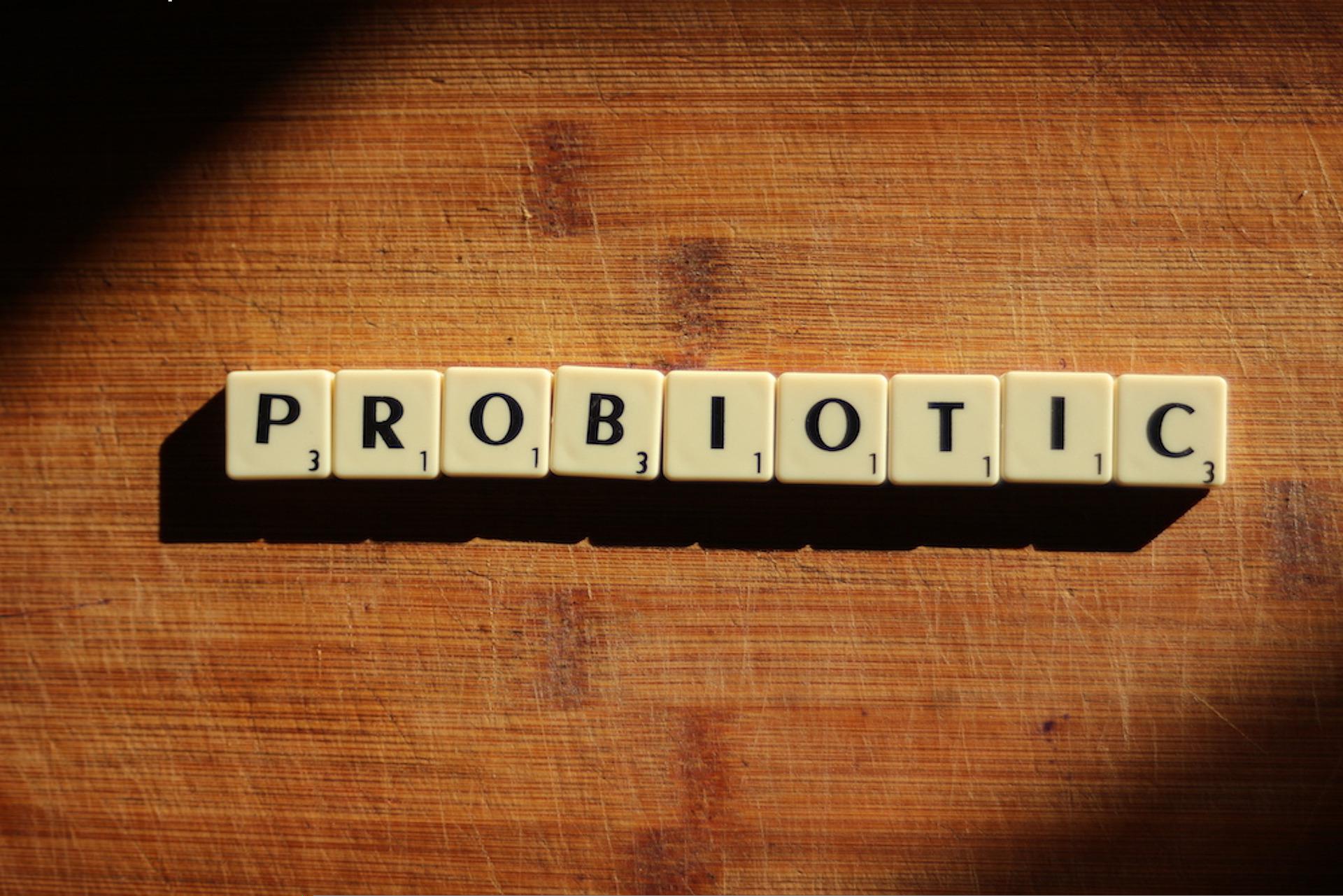
Any probiotic supplement you select, will have different bacterial strains. Here are the best ones you should have as part of your microbiome!
Bifidobacteria: Bifidobacterium genus are among the first microbes to colonise the human gastrointestinal tract and are believed to exert positive health benefits on their host. Due to their health-promoting properties, bifidobacteria have been incorporated into many functional foods as active ingredients. This particular genus makes up the majority of the gut microbiome. Some specific strains of this bacteria are Bifidobacterium breve, Bifidobacterium longum, Bifidobacterium infantis, and Bifidobacterium bifidum.
Benefits of Bifidobacterium:
- Certain strains of this bacteria have been shown to be cancer-protective in rectal cancer. Bifidobacterium animalis has been shown to have anti-mutagenic properties, meaning it can act against mutating carcinogens.
- longum and B. breve have also been shown to help protect DNA from potential damage by carcinogens.
- longum, infantis and breve have been shown to reduce diarrhea, as well as antibiotic associated diarrhea.
- animalis helps in maintaining bowel regularity.
- Also helpful in conditions like IBS, and bring down inflammation in the gut.
- These bacteria also play an important role in outcompeting and protecting against the pathogenic bacteria, if they were to flourish too much.
- Bifidobacteria species are also known to create healing short-chain fatty-acids (SCFA’s), like butyrate and acetate, as a byproduct of the fermentation process of certain carbohydrates in the gut.
Some bifidobacterium bacteria can be found in fermented foods like sauerkraut, kimchi, miso, tempeh and kombucha.
Akkermansia Muciniphilia- This is a mucous-degrading bacteria, found in the gut microbiome, mainly in the large intestine. This bug lives in harmony with our other ‘commensal’ gut flora, including other bacteria, yeast, protozoa, viruses, etc. It plays an important role in the modulation of the mucosal lining, as well as intestinal barrier integrity (it’s basically really important for our intestinal lining!).
We call this bacteria mucus-degrading because it actually uses this mucin (the mucous), as fuel. It eats this mucin, degrading it, and produces healing SCFA (short-chain fatty acids), as a byproduct. They are a fuel source for the cells that make up our intestinal lining. It’s thought that this degradation of the mucin, increases its turnover rate, which therefore increases mucin production from cells and use SCFAs for fuel.
Akkermansia has shown to reduce insulin resistance, metabolic endotoxemia, and inflammation in adipose tissue. This species may also lower LPS (lipopolysaccharide) levels in the blood, which can contribute to inflammation. Hence, it may also have a promising influence in cases like metabolic syndrome, obesity, and both type 1 and type 2 diabetes.
Incorporating specific foods into your nutrition on a daily basis can be helpful to support healthy akkermansia muciniphila levels. Polyphenols, in particular, may promote the growth and abundance of akkermansia found in the gut. To get polyphenols in, think of colourful foods. Deeply colourful foods. Think of eating the rainbow. Dark berries, pomegranate, dark chocolate, green tea, colourful fruits and veggies. The more variety, the better.
Lactobacillus– Lactobacillus is a type of commensal lactic-acid bacteria found in the human microbiomes (like the gut, oral cavity, urinary tract, and genital tracts- yes, we have microbiomes there too). It makes up the majority of the vaginal microbiome.
Lactobacillus species have been shown to rebalance the microbiome. It helps to keep the pathogenic bacteria at bay. Likewise, it has a similar impact on the vaginal microbiome, helping to keep things like UTI’s and other bacterial infections from occurring. This particular strain has also been shown to reduce instances of candida albicans overgrowth (that could lead to yeast infections).
Another benefit seen with regards to lactobacillus, is its ability to lower cholesterol levels. Namely LDL cholesterol (also known as the”bad” cholesterol). In this way, these bugs can positively impact cardiovascular health, weight management, and inflammation.
Lactobacillus can be found in fermented dairy products like kefir and yoghurt. Fermented vegetables like kimchi and sauerkraut, also contain this bacteria but in less amounts.
Saccharomyces boulardii- This commensal bacteria is a type of yeast that comes from the skin of certain fruits. S. boulardii is a tropical yeast that was discovered in Asia by a French scientist called Henri Boulard, who noticed that people drinking tea made from the skins of tropical fruit didn’t fall ill during a cholera outbreak, which is a potentially serious infection of the small intestine.
Its beneficial effects have been seen for the treatment of diarrhoea and gastrointestinal disease. It inactivates bacterial toxins and inhibits toxin binding in the cells, and reduces toxin-induced inflammation. It also inhibits the ability of potentially harmful microorganisms that invade intestinal cells. S. boulardii stimulates host immune systems and intestinal enzymes that enhance nutrient digestion and absorption. In support of these distinctive mechanisms, the live yeast S. boulardii is used extensively as a probiotic and is often marketed as a dietary supplement. S. boulardii yeast also has shown to decrease the incidence of antibiotic-associated diarrhoea and diminished the risk of recurrence of Crohn’s disease.
All bacteria feed on fiber, and so it’s really important to make sure that you’re eating foods to feed your microbiome with the nutrients that it needs. Here are a few things to consider:
- Include 6 cups a day of vegetables and fruit (aim for a variety- remember eating the rainbow) — this will help ensure you’re getting lots of good fiber that your gut bacteria love to eat
- Incorporate prebiotic fibers from foods like onion, garlic, chicory, asparagus, and green bananas
Get started with us, on your journey to good health: https://www.smritikochar.com/get-started/


